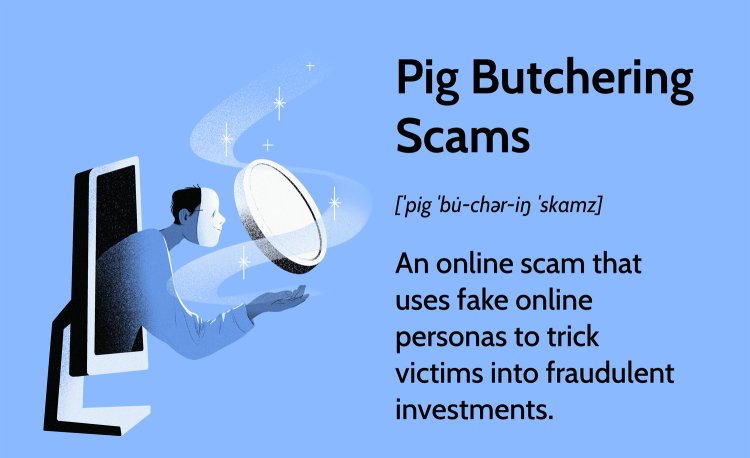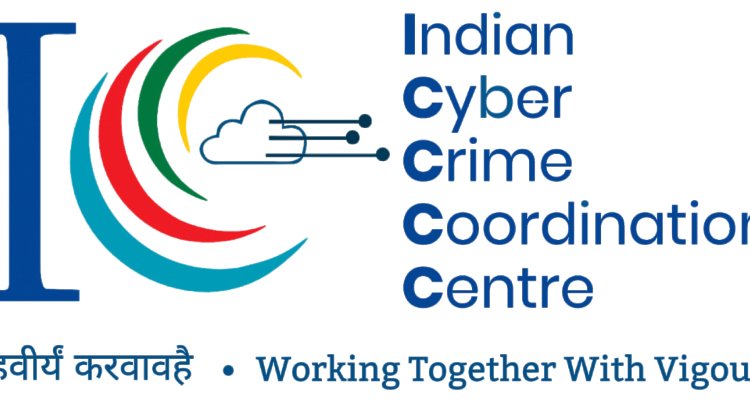According to an MHA investigation, pig butchering scams target housewives and unemployed kids.
A new type of online fraud known as "pig butchering scam" or "investment scam" has surfaced, aiming to defraud unemployed youths, housewives, students, and those in need of financial assistance by causing them to lose substantial sums of money every day.

According to the Union home ministry's most recent annual report, a new type of online fraud known as "pig butchering scam" or "investment scam" has surfaced, aiming to defraud unemployed youths, housewives, students, and those in need of financial assistance by causing them to lose substantial sums of money every day.
According to the report, Google services platforms have also been used by cybercriminals to launch these crimes.
"The Google AdWords infrastructure offers a practical way to do cross-border targeted advertising. It claimed that this scam, sometimes referred to as the "Pig Butchering Scam" or the "Investment Scam," is a worldwide occurrence that includes extensive money laundering and even cyberslavery.
The pig butchering scam is thought to have originated in China in 2016. It preys on unsuspecting people, with whom cybercriminals gradually gain trust before persuading them to invest in cryptocurrencies or another profitable scheme when their money is taken. The fattening of pigs prior to slaughter is the source of the analogy to slaughtering pigs.Google and the home ministry's Indian Cyber Crime Coordination Centre (I4C) have teamed together to share threat intelligence for periodic immediate action in an effort to stop the threat.
According to the report, sponsored Facebook is being used by cybercriminals to introduce illicit lending applications in India.
"Such links are proactively identified and shared with Facebook, along with Facebook pages for necessary action," added the statement.According to the survey, WhatsApp is still the most popular social media network that Indian cybercriminals may abuse.
The report on "cybercrime complaints where Big Tech platforms have been misused" reveals that, up until March 2024, 14746 complaints were made against WhatsApp, 7651 against Telegram, 7152 against Instagram, 7051 against Facebook, and 1135 against YouTube.
"Big technology are crucial to the early detection and prosecution of cybercriminals. According to the study, "I4C has partnered with Google and Facebook to share intelligence and signals for proactive actions."
According to the statement, I4C's National Cybercrime Threat Analytical Unit (NCTAU) examines the grievances submitted through the portal and generates analysis reports on the most recent patterns of cybercrime and service provider abuse.
"These reports are shared with all the concerned stakeholders, i.e., banks, wallets, merchants, payments aggregators, payment gateways, e-commerce and other departments to take preventive measures and mitigate the misuse of their platforms/services," said the study.According to the report, the ministry also launched a Cyber Volunteer Framework that allows citizens to sign up as cyber volunteers to report illegal content on the Internet, spread awareness of cyber hygiene, and assist law enforcement by acting as cyber experts. As of March 31, 2024, 54,833 volunteers had registered.
According to the platform, the confiscated funds are returned to the victim after the proper legal procedure, and prompt, decisive, and system-based effective action is taken to stop the money from moving from the victim's account to the cyber fraudster's account.
"Since its launch in April 2021, so far this platform has been able to save more than Rs 16 billion from going into the hands of fraudsters, and thus benefiting more than 5,75,000 victims," it stated.
Follow cyberdeepakyadav.com on
Facebook, Twitter, LinkedIn, Instagram and YouTube
What's Your Reaction?























